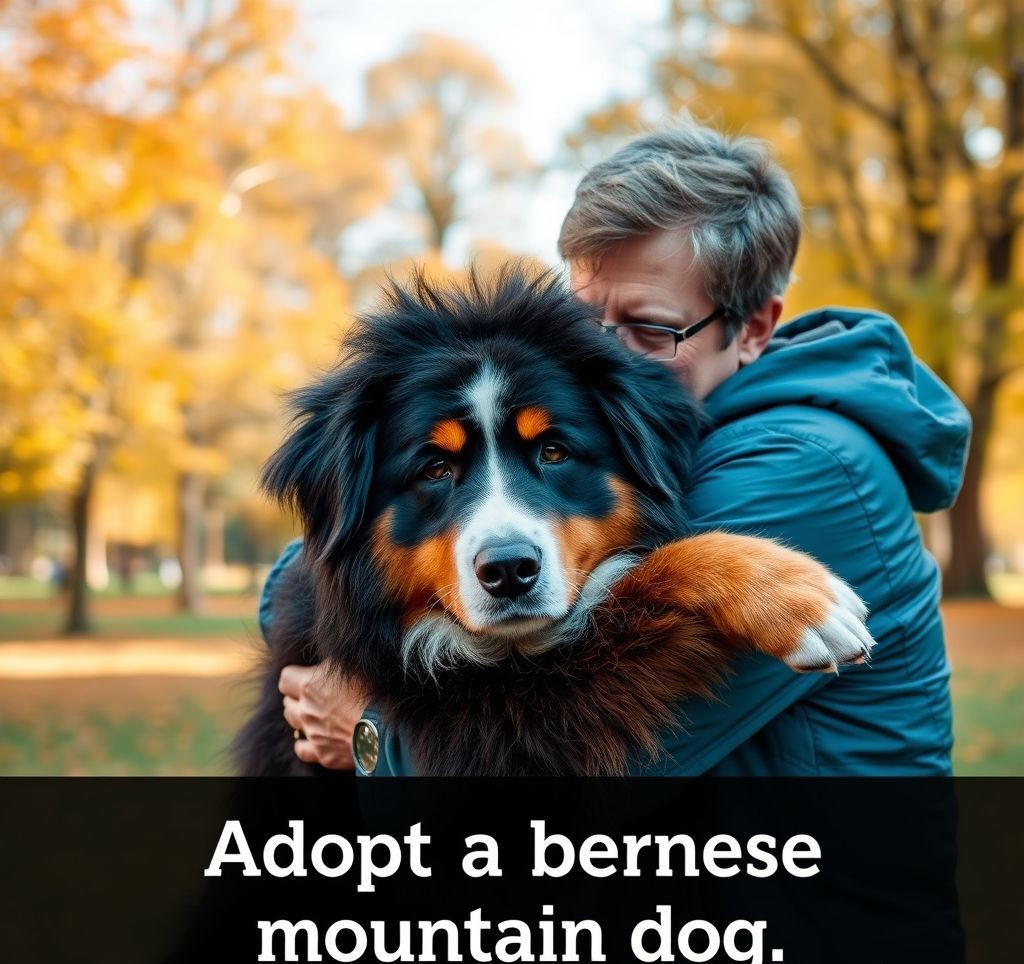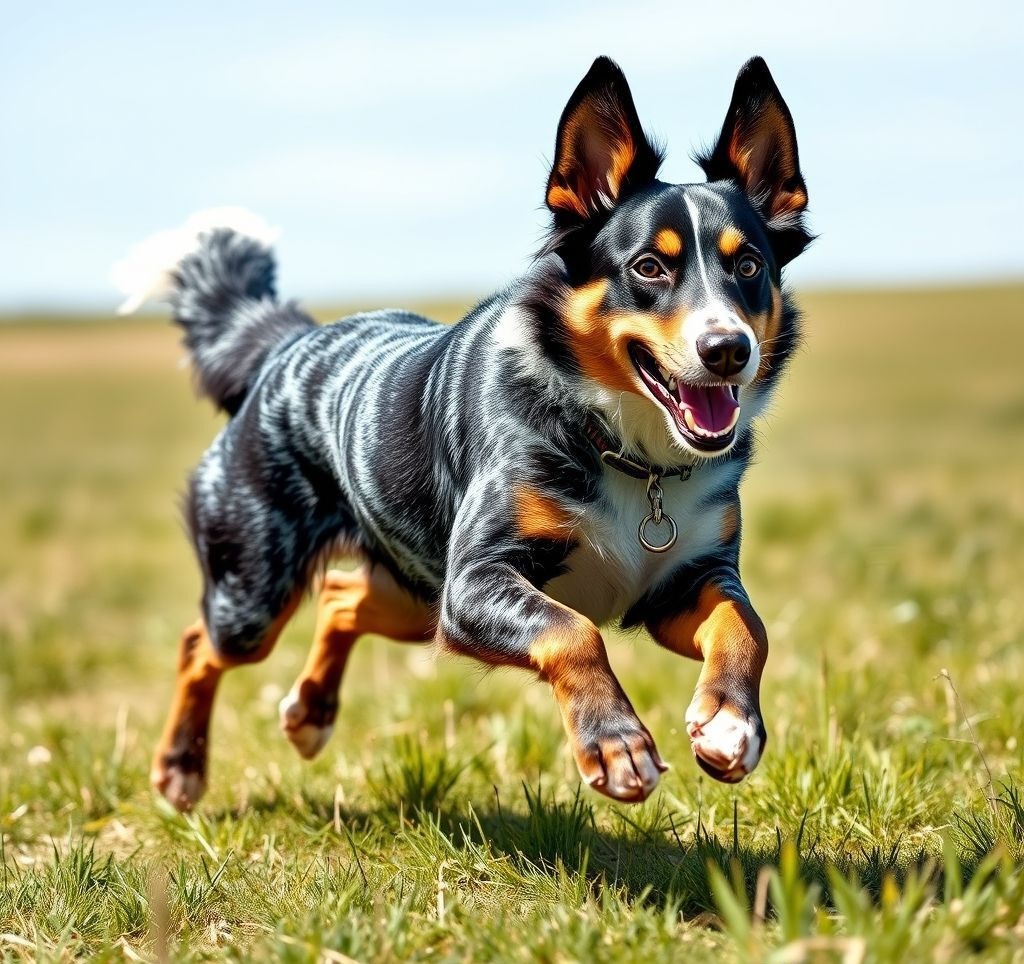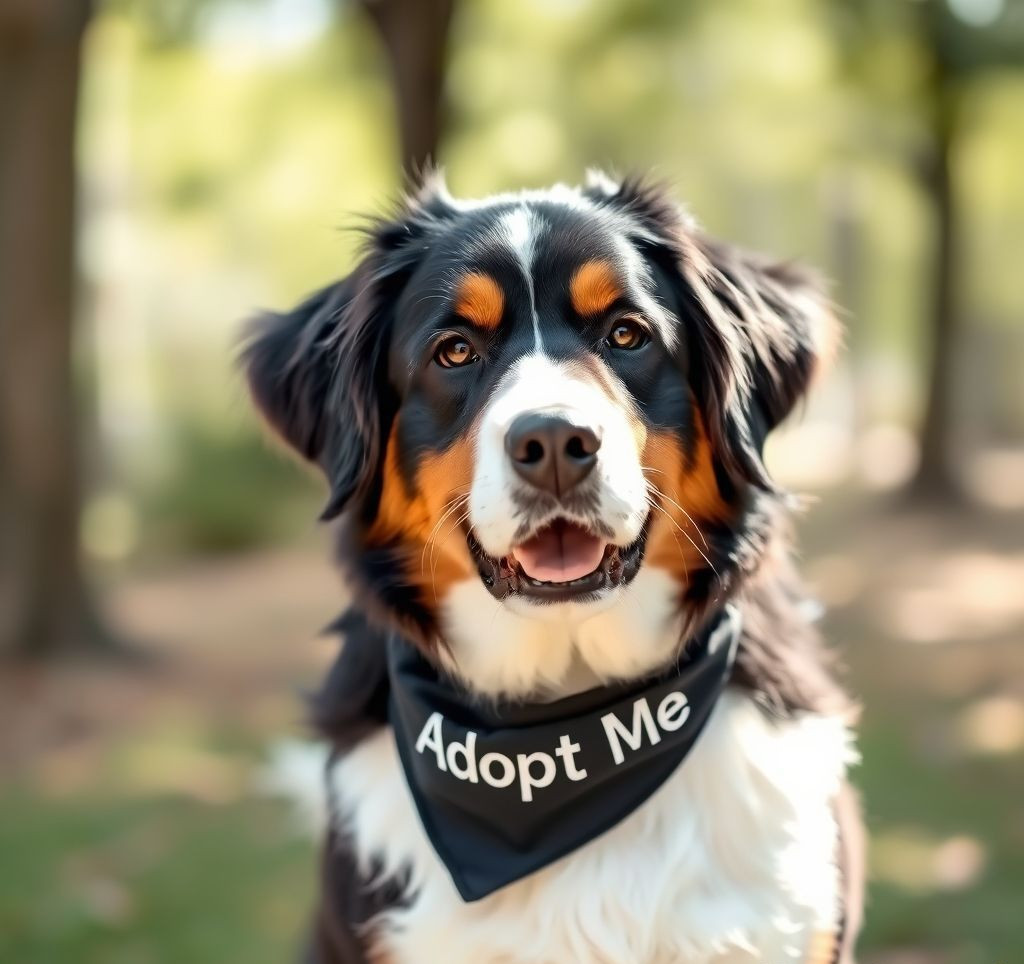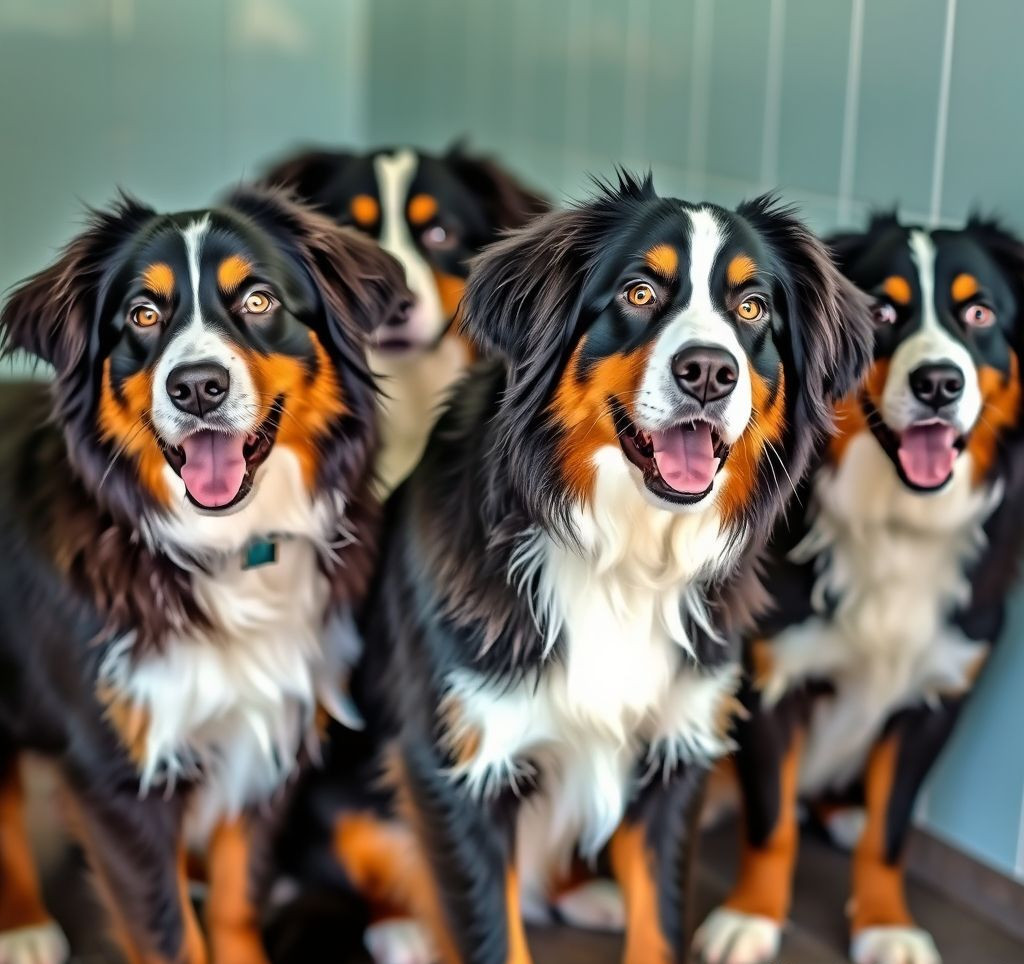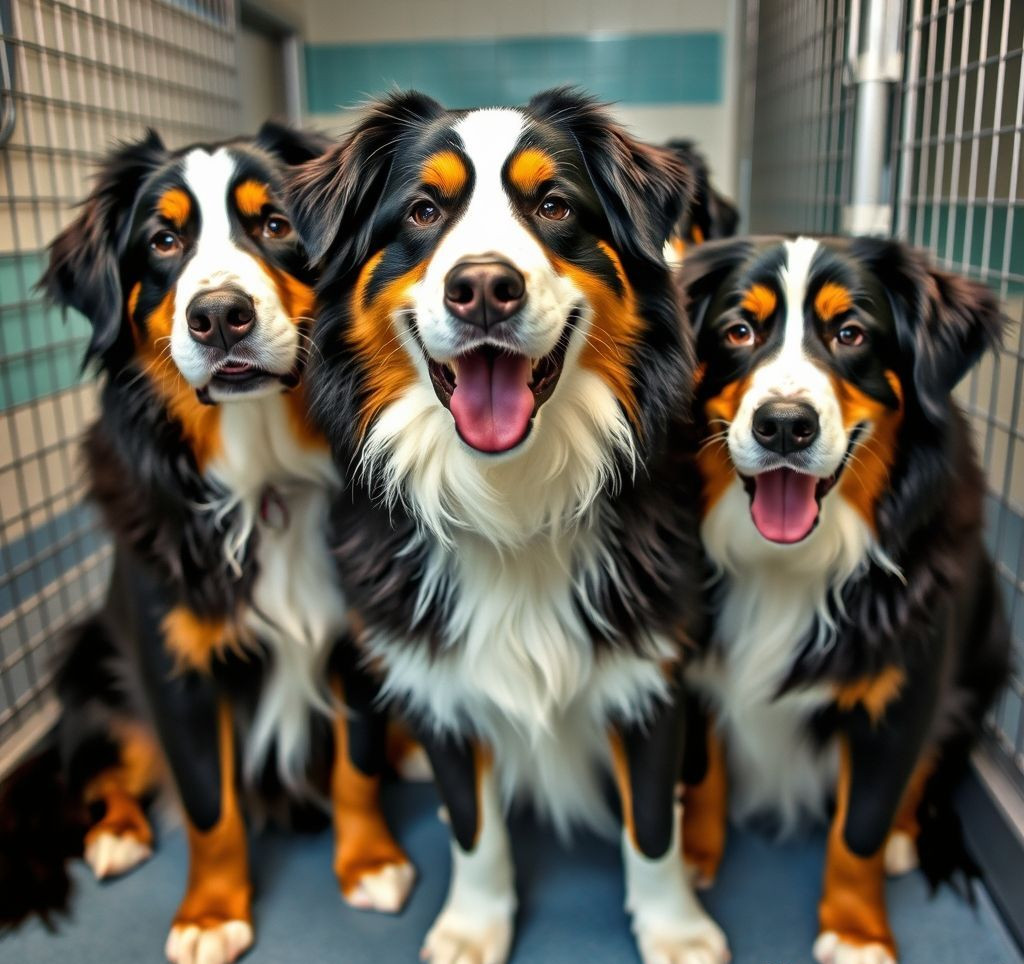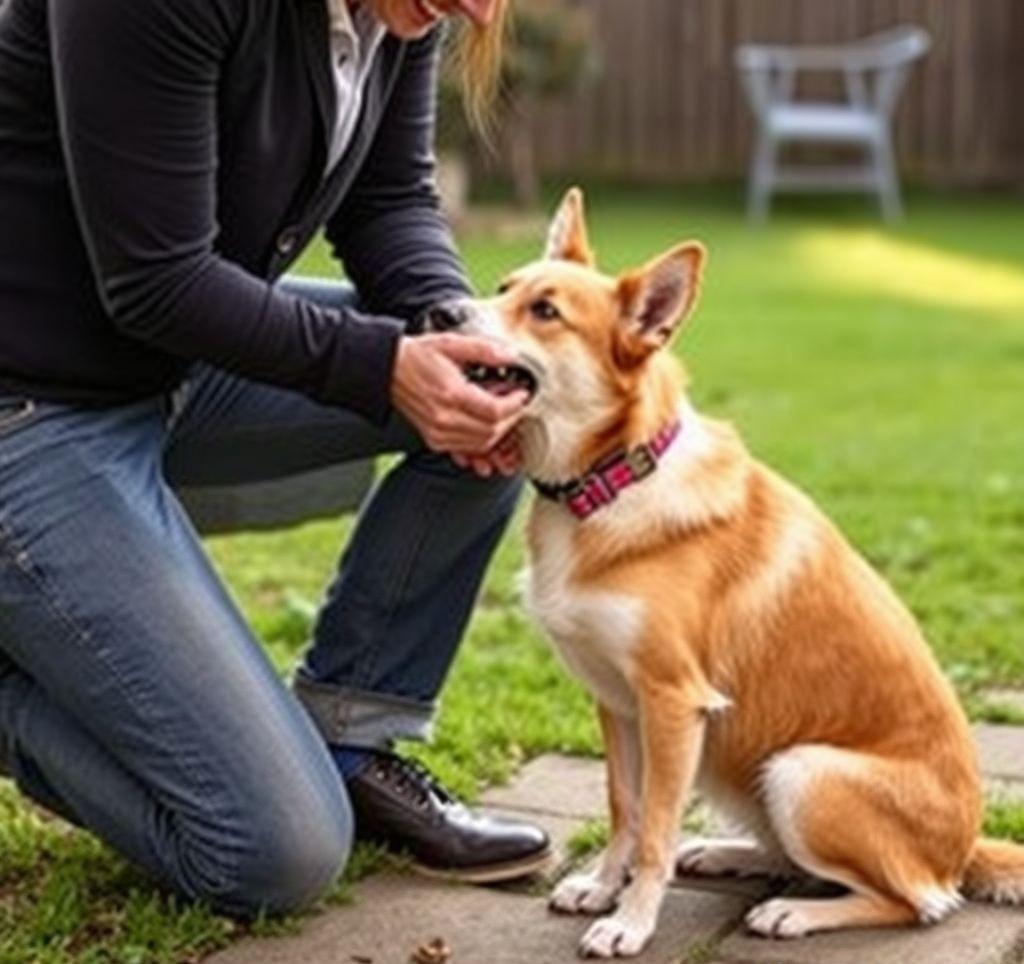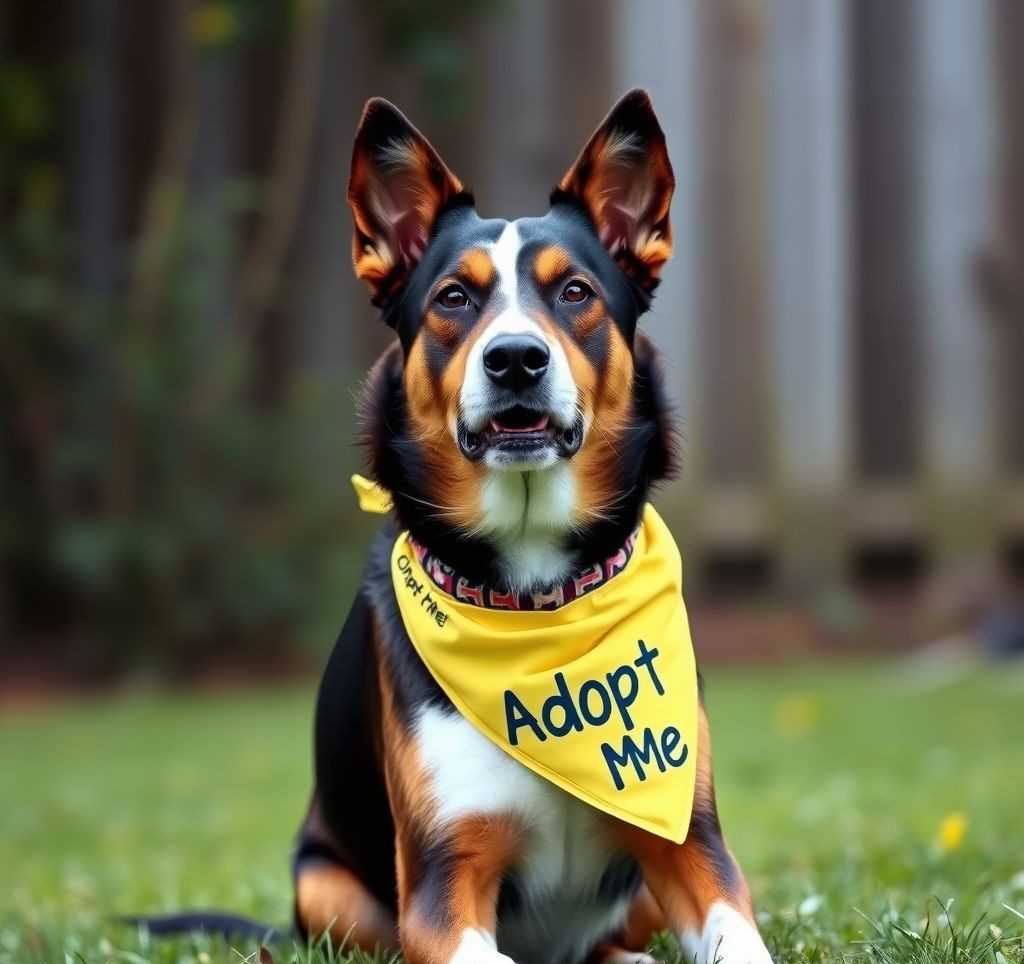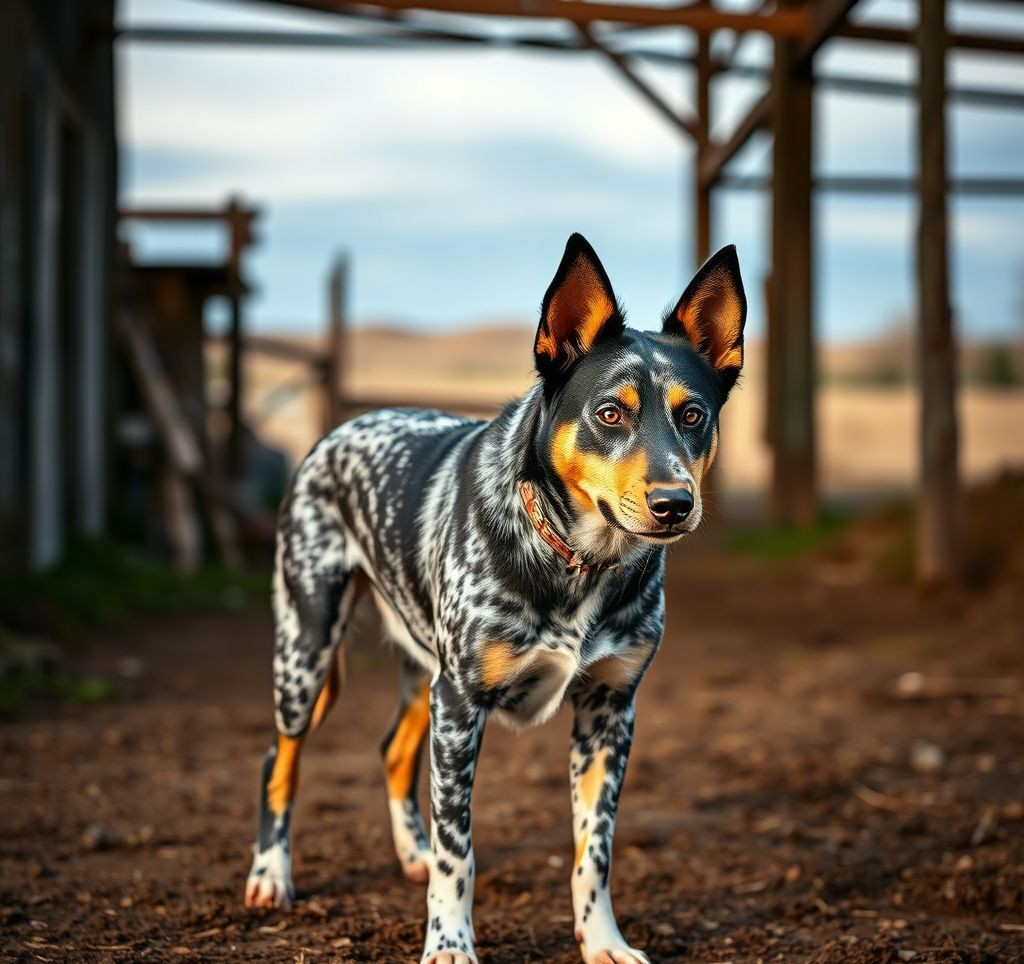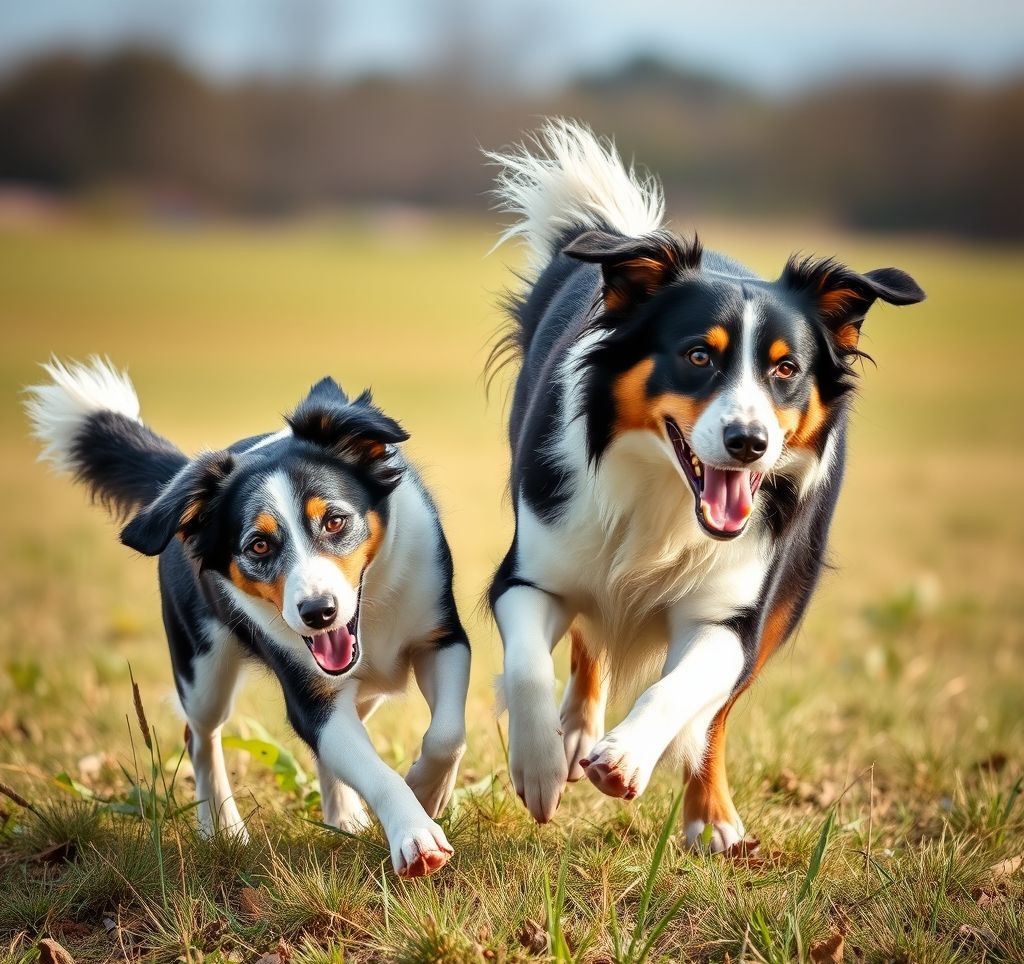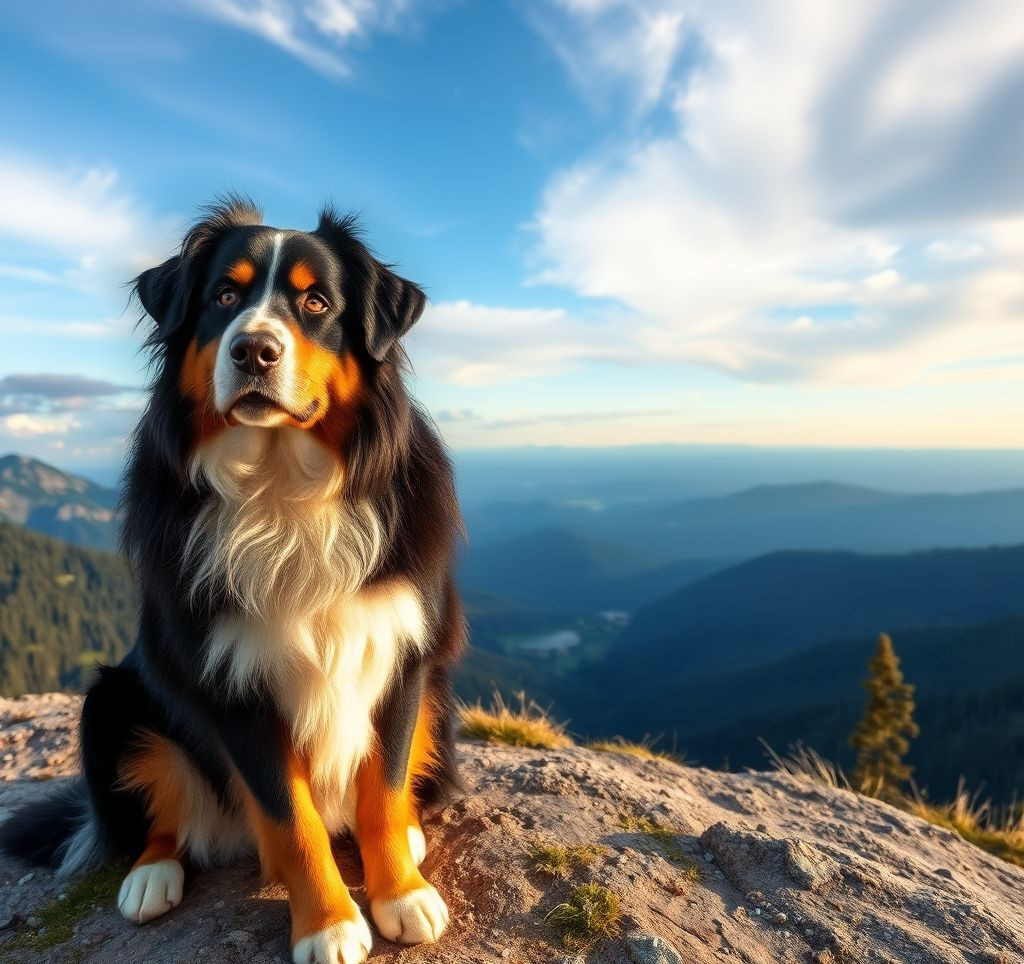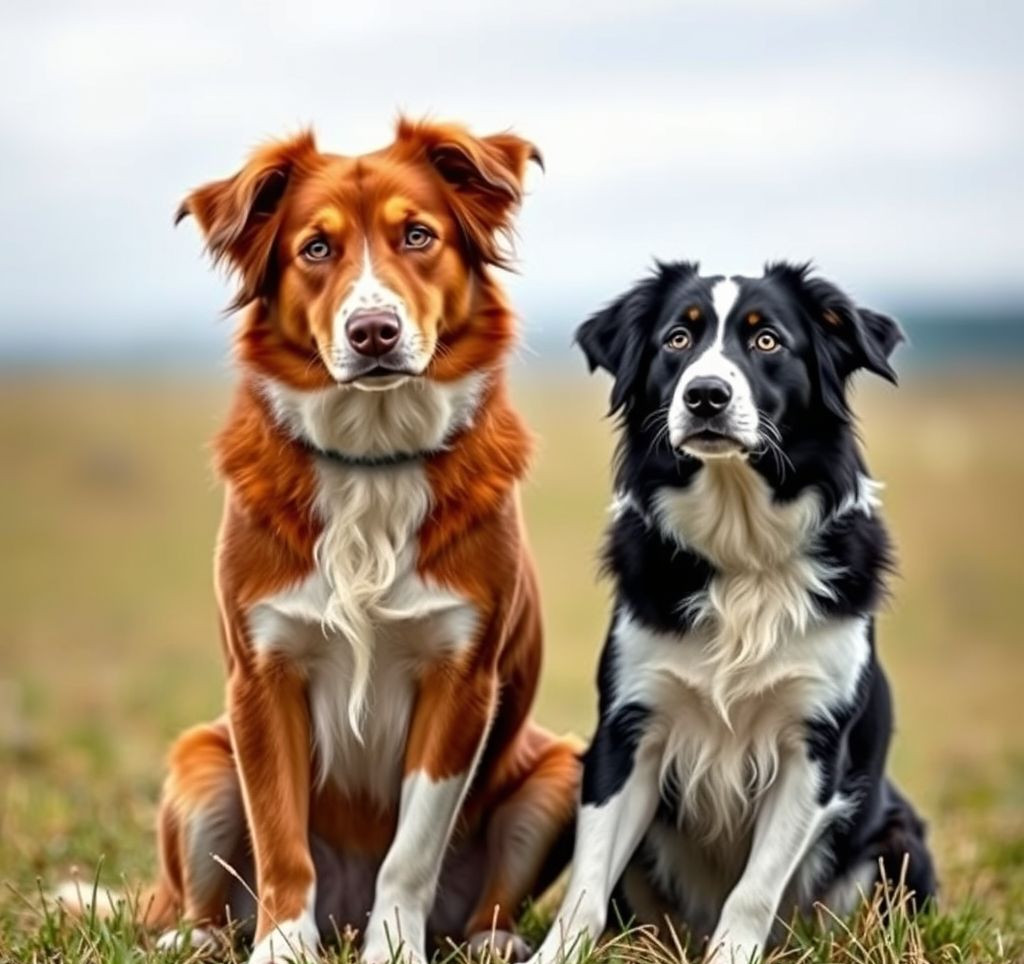Find Your Gentle Giant: A Comprehensive Guide to Adopt a Bernese Mountain Dog
The decision to adopt a Bernese Mountain Dog is the beginning of a beautiful journey with one of the most affectionate and loyal breeds. Known for their striking tri-color coat, calm demeanor, and unwavering devotion, these gentle giants are more than just pets; they are cherished family members. If you’re considering bringing a Bernese Mountain Dog into your life, understanding the adoption process and preparing your home is key to ensuring a smooth transition and a happy, lifelong companionship.
The Unique Appeal of the Bernese Mountain Dog
Choosing to adopt a Bernese Mountain Dog means embracing a companion renowned for its gentle nature and sweet disposition. These dogs are naturally good-natured and tend to be patient, making them excellent family pets, especially for households with children. Their striking appearance, characterized by a distinctive tricolor coat and a robust build, often draws admirers, but it’s their loving personality that truly captures hearts.
Here’s why they make such wonderful additions:
- Exceptional Temperament: Bernese Mountain Dogs are known for their calm, affectionate, and stable temperament. They thrive on companionship and are eager to please their owners.
- Loyalty and Devotion: They form deep bonds with their families and are incredibly loyal, often described as “velcro dogs” due to their desire to be close to their humans.
- Adaptable Nature: While they appreciate outdoor space, they can adapt to various living situations, provided they get enough mental and physical stimulation.
- Family-Oriented: Their placid nature makes them generally good with children and other pets, especially when properly socialized from a young age.

Finding a Bernese Mountain Dog for Adoption
The first step in your journey is to find a Bernese Mountain Dog ready for a new home. Focusing on reputable rescue organizations is paramount to ensure you are adopting a healthy dog and supporting ethical animal welfare practices.
Where to Look for a Bernese Mountain Dog Rescue:
- Breed-Specific Rescues: These organizations are dedicated to the Bernese Mountain Dog and often have extensive knowledge about the breed. Searching for “Bernese Mountain Dog rescue” or “Berner rescue near me” will yield specialized groups.
- General Animal Shelters: Local animal shelters and humane societies often take in purebred dogs, including Bernese Mountain Dogs, surrendered by owners or found as strays.
- Online Adoption Platforms: Websites dedicated to pet adoption can connect you with Bernese Mountain Dogs available in your area. Look for platforms that partner with reputable shelters and rescues.
When you find a potential candidate, expect a thorough application process. Rescues
want to ensure their dogs go to appropriate, loving homes. This often includes adoption fees, interviews, home checks, and providing veterinary references.“The Bernese Mountain Dog is a strikingly beautiful dog, but its most endearing quality is its sweet and faithful disposition. They are truly devoted companions.” – The American Kennel Club
Preparing Your Home for a Gentle Giant
Bringing a Bernese Mountain Dog home requires thoughtful preparation. These dogs are large and energetic, especially when young, and require specific considerations to ensure their comfort and safety.
Essential Preparations:
- Space: While adaptable, they appreciate space to move. A securely fenced yard is ideal, but a comfortable indoor environment with regular walks is also suitable.
- Dog-Proofing: Like any puppy or new dog, you’ll need to secure household items, electrical cords, and anything you don’t want chewed. Given their size, larger dogs can reach higher places.
- Supplies: Invest in high-quality food appropriate for large breeds, durable chew toys, a comfortable bed that can accommodate their size, a sturdy leash and collar, and grooming tools.
- Veterinary Care: Establish a relationship with a veterinarian experienced with large breeds. Schedule an initial check-up to ensure their health and discuss a vaccination and preventative care schedule.
A fascinating historical note is that the Bernese Mountain Dog originated in the Swiss Alps, where they were used as farm dogs for herding, cart pulling, and guarding. Their robust nature and friendly disposition stemmed from these working roots.
Understanding Bernese Mountain Dog Needs
To ensure a successful BMD adoption, understanding their specific needs is crucial. It’s not just about providing food and shelter; it’s about enriching their lives and meeting their physical and emotional requirements.
Key Care Considerations:
- Exercise: Bernese Mountain Dogs need moderate daily exercise. Daily walks, playtime in a safe area, and perhaps joining you on hikes are excellent ways to keep them stimulated and healthy. Avoid strenuous exercise, especially during hot weather or when they are very young, to protect their joints.
- Grooming: Their thick double coat requires regular grooming to prevent matting and reduce shedding, especially during seasonal changes. Brushing several times a week is recommended.
- Training and Socialization: Early socialization and positive reinforcement training are vital for molding your Bernese into a well-behaved companion. Expose them to various people, environments, and other animals from a young age.
- Health: Be aware of potential breed-specific health concerns, such as hip and elbow dysplasia, bloat, and certain types of cancer. Responsible breeders and rescues will screen for these conditions, but ongoing vigilance and proper care are essential.
Choosing to adopt a Berner is a commitment to providing a loving, stable, and engaging environment. By following these guidelines, you can find your perfect gentle giant and welcome a loyal, loving companion into your life.
“`
